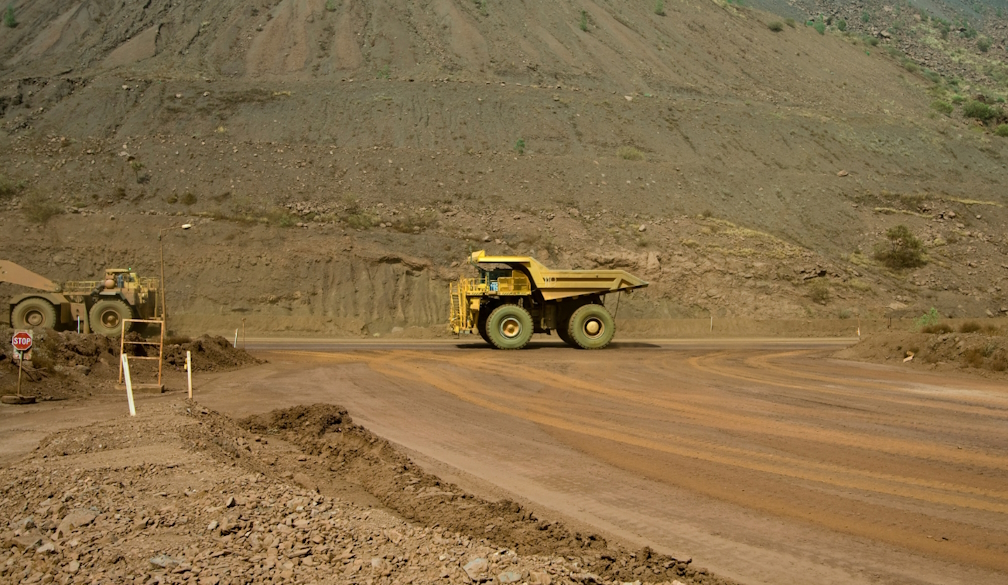Forrest Personnel joins CoAct network, strengthening employment services across Western Australia

CoAct is excited to welcome WA’s leading community employment specialist, Forrest Personnel, to its national network of not-for-profit service partners. As of 2 September 2024, Forrest Personnel will deliver Disability Employment Services (DES) in partnership with CoAct across Western Australia’s Central West Metro, Goldfields-Esperance, and Southern regions.
This partnership will create greater stability and sustainability for West Australian jobseekers. Forrest Personnel’s 40 years of experience and deep-rooted local community connections will be bolstered through the systematic approach from CoAct.
Simon Brown, CoAct CEO, said the partnership with Forrest Personnel would benefit both local jobseekers and the wider CoAct network.
“Forrest Personnel’s commitment to improving lives through sustainable employment aligns perfectly with CoAct’s mission. Together, we are poised to make an even greater difference in the lives of Australians who need it most.”
“CoAct’s unique network model and its success is built on collaboration, knowledge sharing and innovation. Forrest Personnel’s experience, perspective and insights will be a valuable addition to the rich expertise of our not-for-profit network.”
Lynne Harwood, CEO of Forrest Personnel, is delighted about the partnership with CoAct. She says CoAct’s system, process and data expertise will compliment Forrest Personnel’s unique organisation culture, dedication to local rural, regional and remote communities and person-centric approach.
“Joining forces with CoAct is a strategic move that will ensure our continued service to the communities we care deeply about. CoAct’s national network brings a wealth of experience and knowledge, and we are excited about the collaborative opportunities this partnership offers.”
The partnership enables CoAct to expand their reach and impact, delivering high quality, sustainable employment opportunities to more Australians, and solidifies CoAct’s position as the 7th largest national DES provider.
For more information on CoAct/Forrest Personnel Disability Employment Services visit: https://coact.org.au/job-seekers/disability-employment-services/






